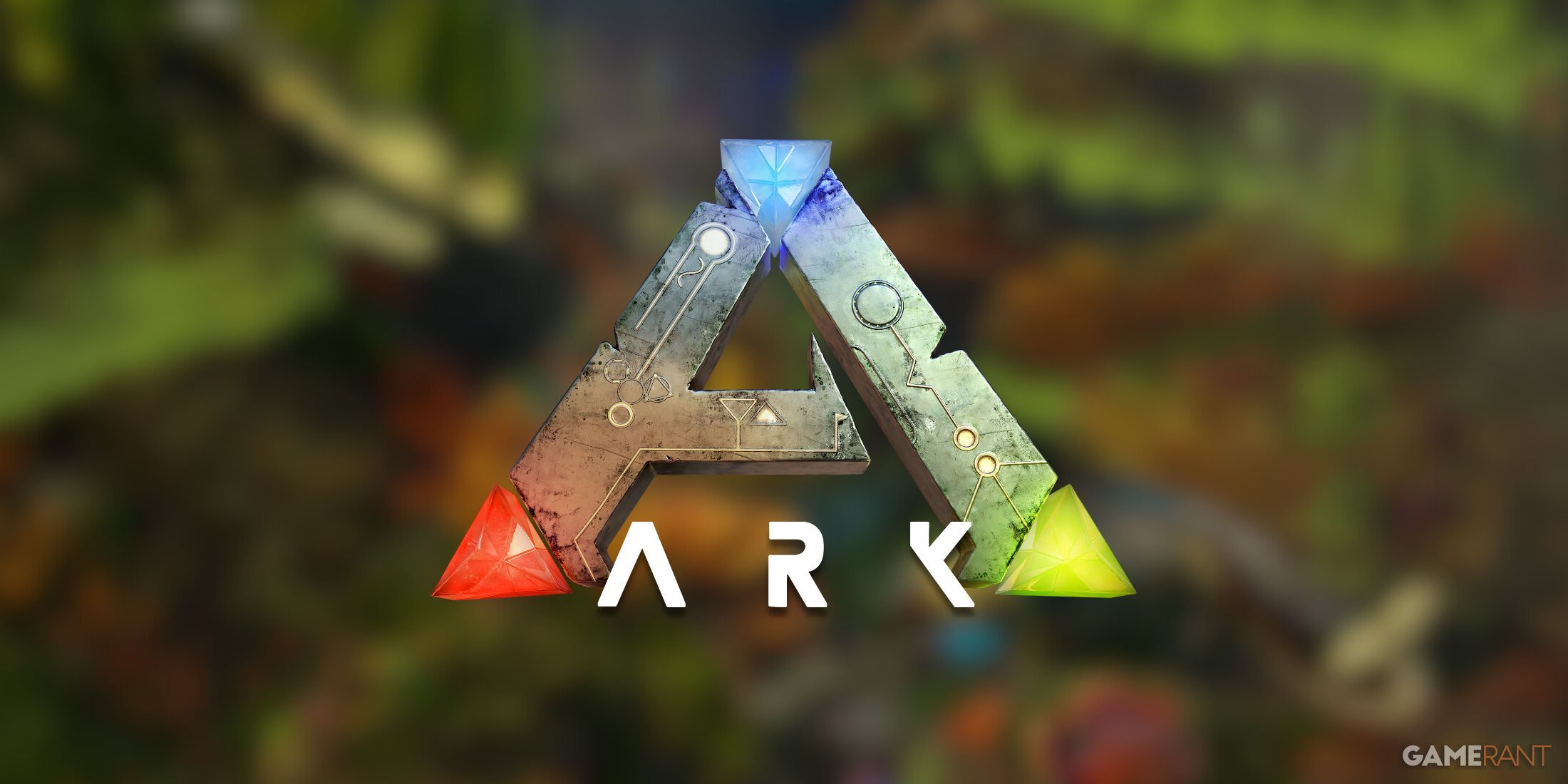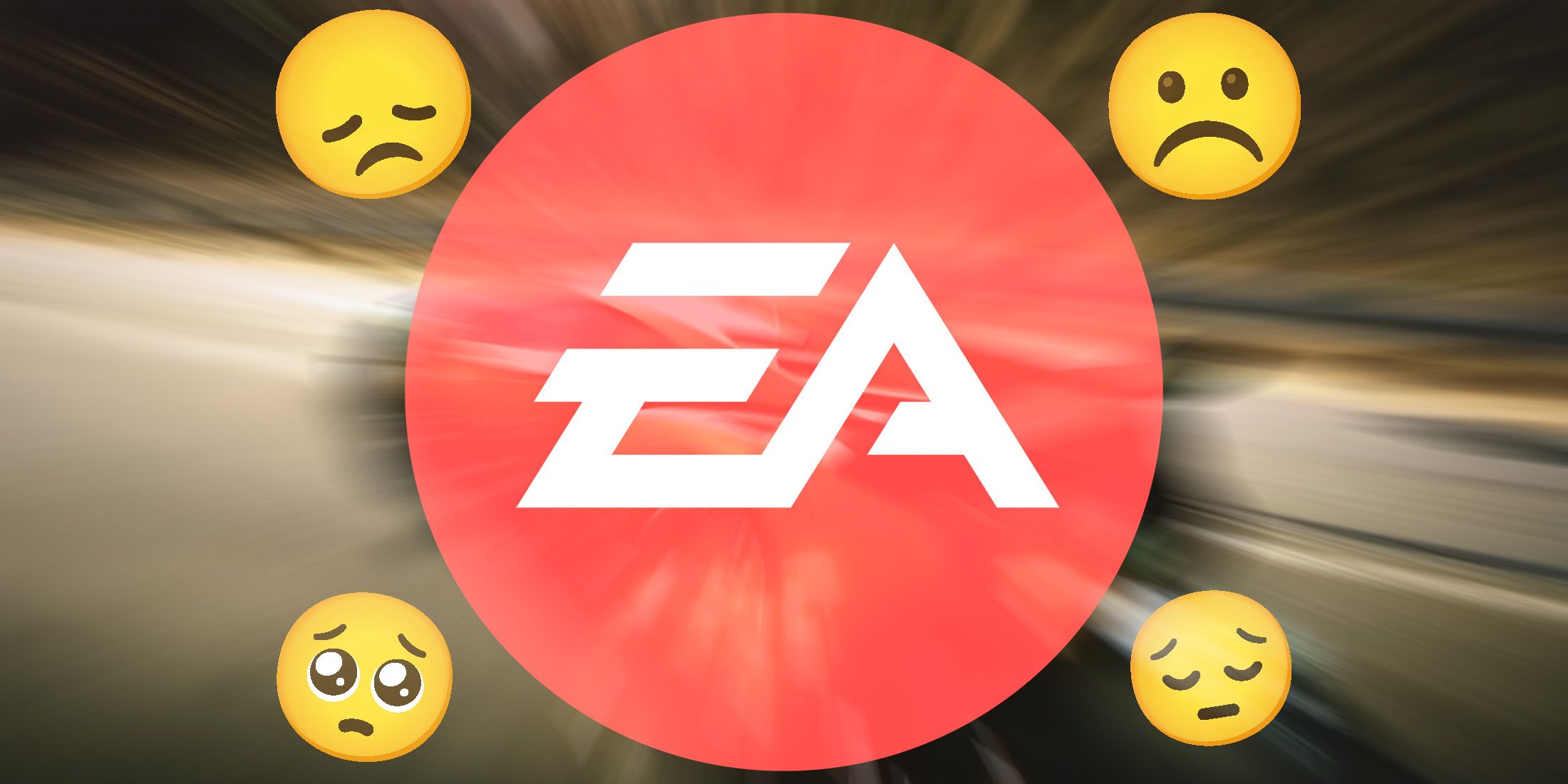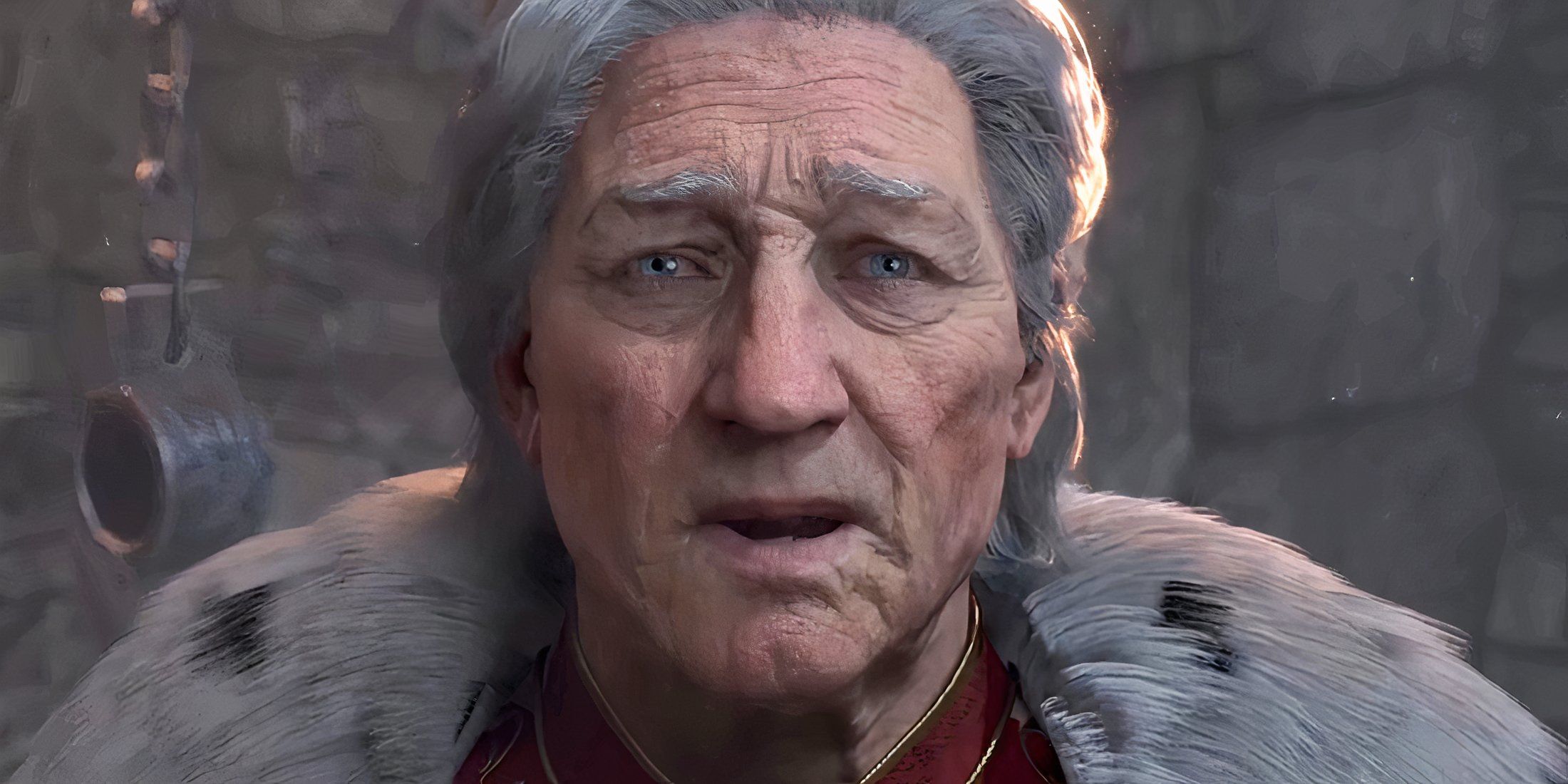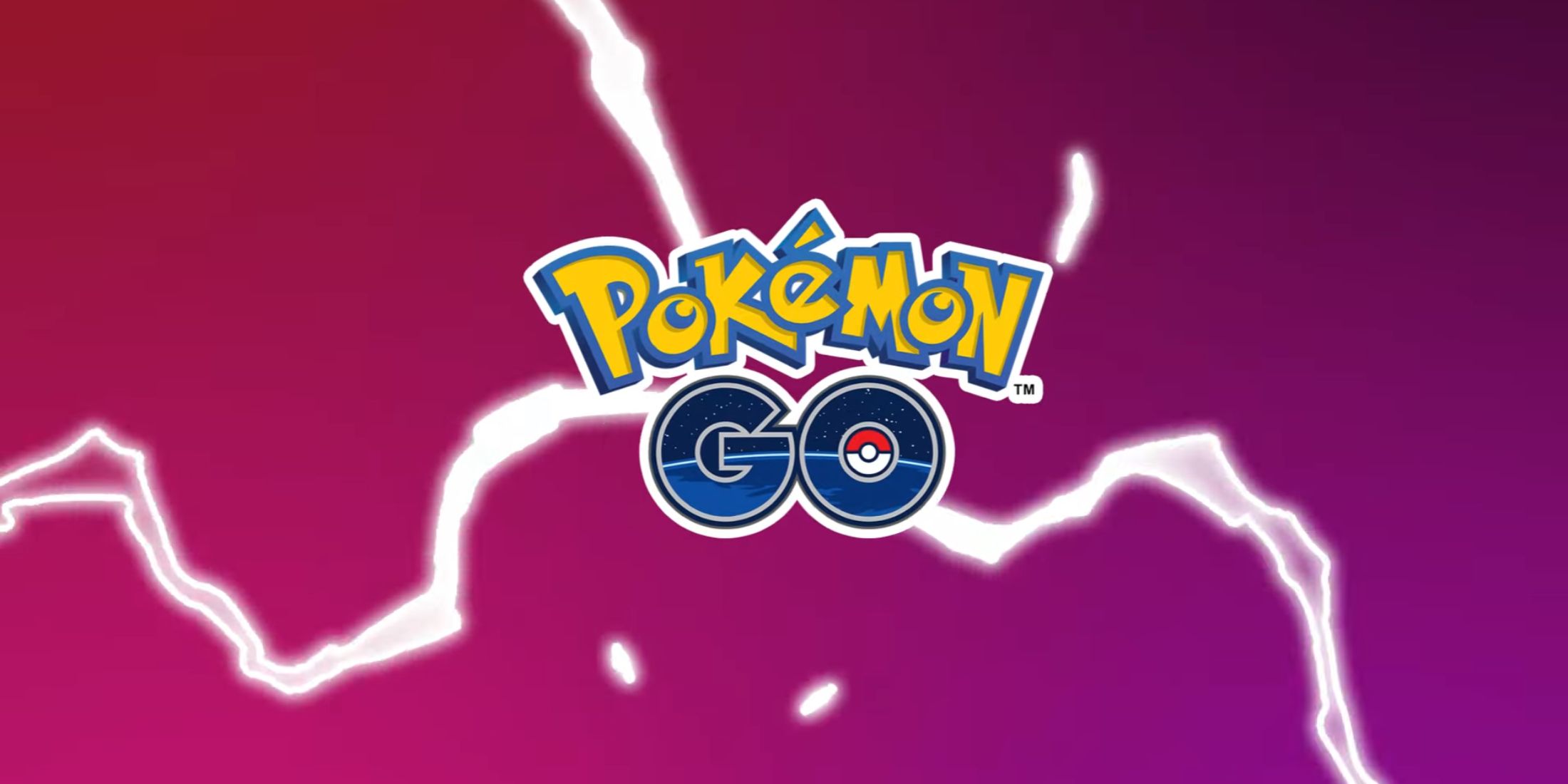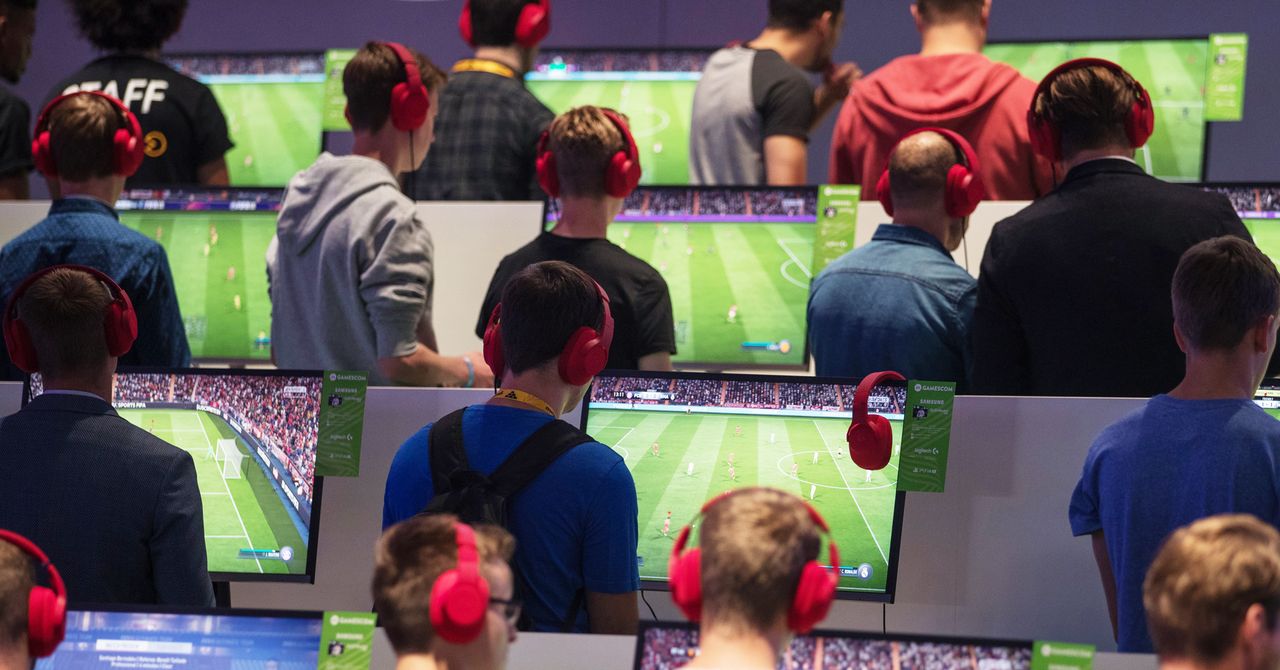
Troubling news for Fortnite-obsessives: The World Health Organization this week included "gaming disorder" as a new mental health condition in the 11th edition of its International Classification of Diseases. The WHO previously added the disorder in the draft for the ICD-11 earlier this year. Now it's official.
The revision comes at a time when public concern over technology abuse is high and rising. Spurred by the burgeoning digital wellness movement, Apple and Google both unveiled tools in recent weeks designed to help users monitor and manage the time they spend staring at screens, including parental controls that restrict the time kids spend playing games.
But while experts generally lauded Google and Apple's new tools as a step in the right direction, many of them have reservations about gaming disorder's inclusion in the ICD.
"I don't want there to be people classified with a mental disorder when they don't really have one," says University of Connecticut psychologist Nancy Petry, who in 2013 chaired the American Psychiatric Association subcommittee that considered adding "internet gaming disorder" to the latest edition of the Diagnostic and Statistical Manual of Mental Disorders. At the time, her group concluded there was too little evidence to list gaming addiction as a formal disorder, adding it instead to a section titled "Conditions for Further Study."
Today Petry, who is leading the first NIH-funded study on gaming addiction, believes the evidence is still insufficient. That puts mental health experts in something of a pickle. Truth be told, the most salient question isn't so much whether some people develop an unhealthy relationship with gaming. (Most experts agree that concerns over the allure of videogames are justified, that the subject deserves further study, and even that a small percentage of people may develop clinically problematic gaming habits.) It's whether the existing research is solid enough to warrant official classification from the WHO. Unlike the DSM, the ICD-11 has no provisional categories, no appendix in which to list potential disorders as requiring more research. It's all-or-nothing: A condition either goes in the ICD-11 or it doesn't. As such, critics argue, the burden of evidence for a disorder's inclusion, characterization, and treatment should be very high.
And at least right now, critics contend, that evidence doesn't exist for gaming disorders. Many existing studies on the subject are of surprisingly low quality. A large number of them are statistically underpowered, relying on small sample sizes, and do little do clarify whether videogames cause psychological problems or are merely associated with them.

